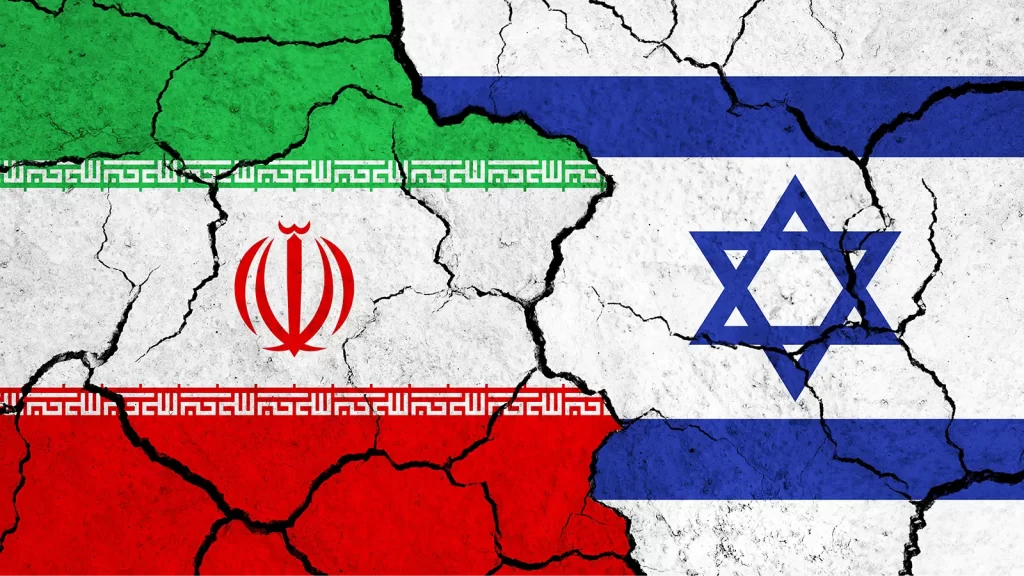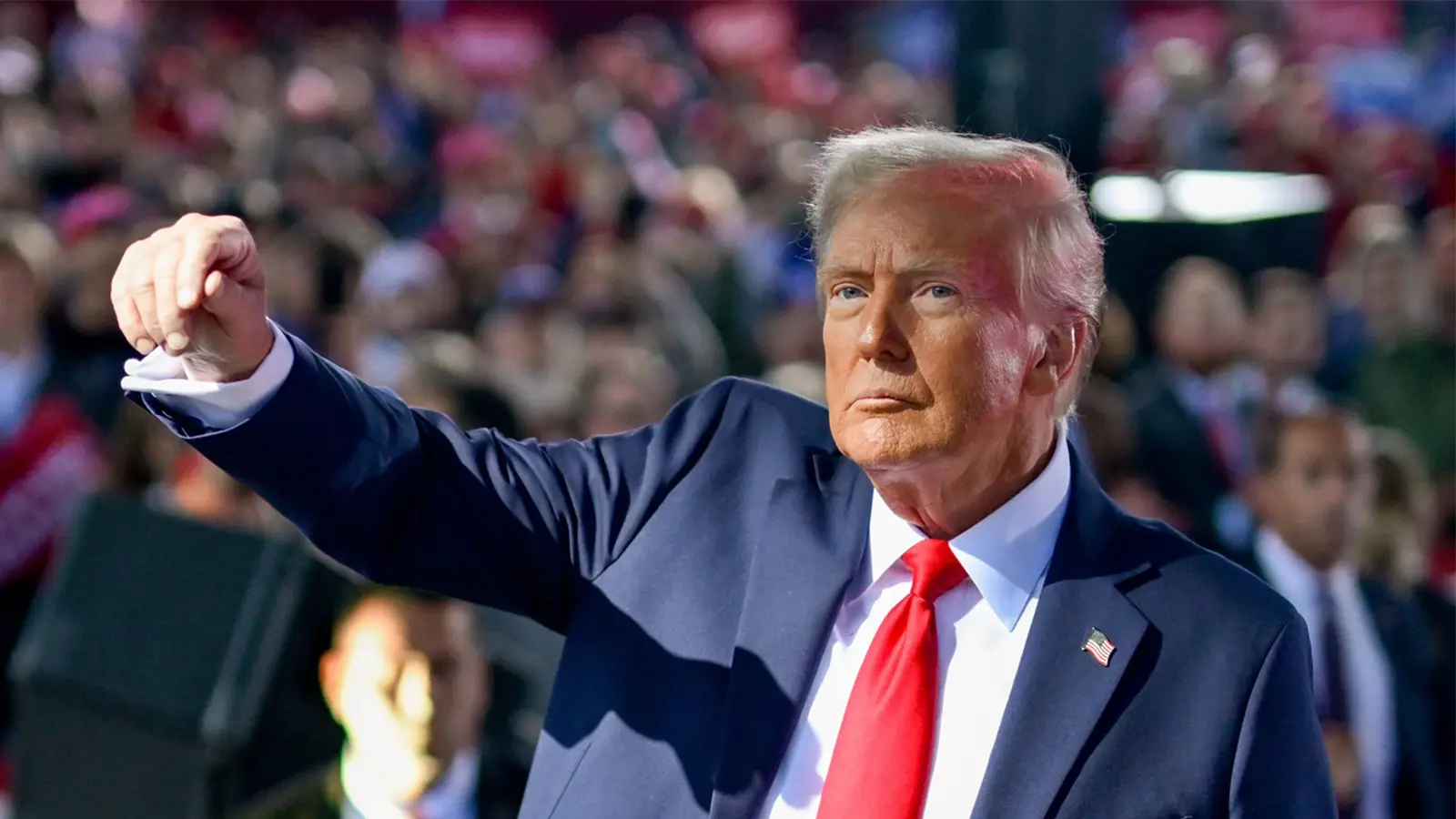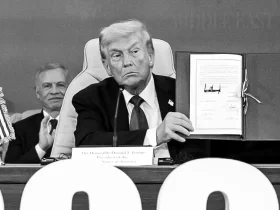After almost two weeks of intense attacks between Israel and Iran, there seems to be a respite. U.S. President Donald Trump intervened directly and got both countries to agree to a ceasefire, though not without last-minute tensions.
A call that changed course
Everything changed after a call between Trump and Israeli Prime Minister Benjamin Netanyahu. According to the Israeli leader’s office, after that conversation, Israel decided to suspend further strikes against Iran. Trump was very clear and direct: he asked Israel “not to drop those bombs” and assured that violating the ceasefire would be a serious offense.
“Israel is not going to attack Iran. All planes will come home while waving friendly. ceasefire is in effect!“, Trump wrote on his Social Truth network. The president also stressed that Israel had already met its military objectives and that it was now time to stop the escalation.
Cross accusations

However, the truce did not get off on the right foot. Hours before the ceasefire officially came into effect, Iran launched a series of missiles that left at least four dead on Israeli territory. In response, Israel bombed a radar station near Tehran.
Both countries accused each other of breaking the agreement. Israel claimed that Iran violated the ceasefire just minutes after its initiation, while Iran claimed that they were only responding to Israeli “illegal aggression”.
Iran also gives in, but with conditions
From Tehran, Foreign Minister Abbas Araqchi was clear: if Israel stopped its attacks before 4:00 a.m. (local time), they would also stop. As he explained, Iran was not the one who started the conflict and they had no intention of continuing if Israel stopped its offensive. Despite his words, the missiles continued for a few more hours.
An uncertain ceasefire
Although Trump enthusiastically announced that a full agreement had been reached, in practice the situation was more complicated. Both nations exchanged attacks even after the announcement. In fact, one of the most tense moments was when Iran attacked the Al Udeid air base in Qatar, which is home to thousands of U.S. troops. Fortunately, that attack was more symbolic than destructive.
Behind the scenes, Qatari diplomats played an important role in persuading Iran to accept the truce proposal, after confirming that Israel would also join in.
What now?
With the ceasefire more or less in place, a window opens to seek diplomatic solutions. Trump called it “The 12-Day War,” and hoped that there would not be a continuation. From Europe, leaders such as Kaja Kallas (head of European Union diplomacy) and the head of the International Atomic Energy Agency have warned that this escalation could have devastating consequences if left unchecked.
Meanwhile, the financial markets responded positively to the possible end of the violence: the price of oil fell and stock markets rose, reflecting a respite from the tension experienced.








































Leave a Reply